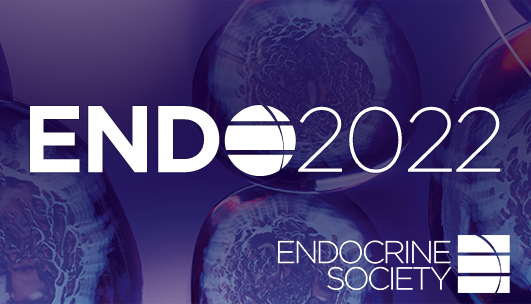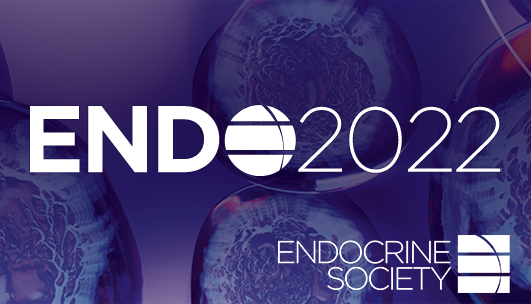
Endocrinology
| Thyroid
Endocrinology
Thyroid

I-PET Score: Combining Whole Body Iodine Scan and 18 Fluorodeoxyglucose Positron Emission Tomography to Predict Progression in Thyroid Cancer
book_2
Source:
ENDO 2022 - Poster session
calendar_today
Published on Medfyle:
June 2022
headphones
5
min
This Medfyle was published more than two years ago. More recent Medfyle on this topic may now be available.
Key messages
- These authors created a new scoring system (I-PET) that combined whole body iodine scan (WBS) and 18-FDG-PET to identify patients who are more likely to be RAI refractory, and who may be candidates for ‘re-differentiation’ therapy before RAI treatment.
- A total of 142 patients with differentiated thyroid cancer who had both 18-FDG PET and WBS within a 6-month period between 2010 – 2020 were retrospectively analyzed.
- Initial pairs of 18-FDG PET and WBS were reviewed by two independent nuclear medicine physicians and an I-PET score was assigned; I-PET [0]: Iodine negative (–ve), FDG –ve; I-PET [1]: Iodine positive (+ve), FDG –ve; I-PET [2]: Iodine +ve, FDG +ve; and I-PET [3]: Iodine –ve, FDG +ve; patients with FDG +ve lesions (I-PET 2 and I-PET 3) were further classified into groups 'a' and 'b' depending on the degree of FDG avidity.
- Patients classified as I-PET [2b] and [3b] had a high progression rate and I-PET [3b] patients were 10.4 times more likely to commence on tyrosine kinase inhibitor therapy and had 8.1 times greater mortality than patients in the other I-PET groups.
- I-PET score is a novel scoring system incorporating WBS and 18-FDG-PET that can predict progression and death in patients with FDG-avid thyroid cancer.




